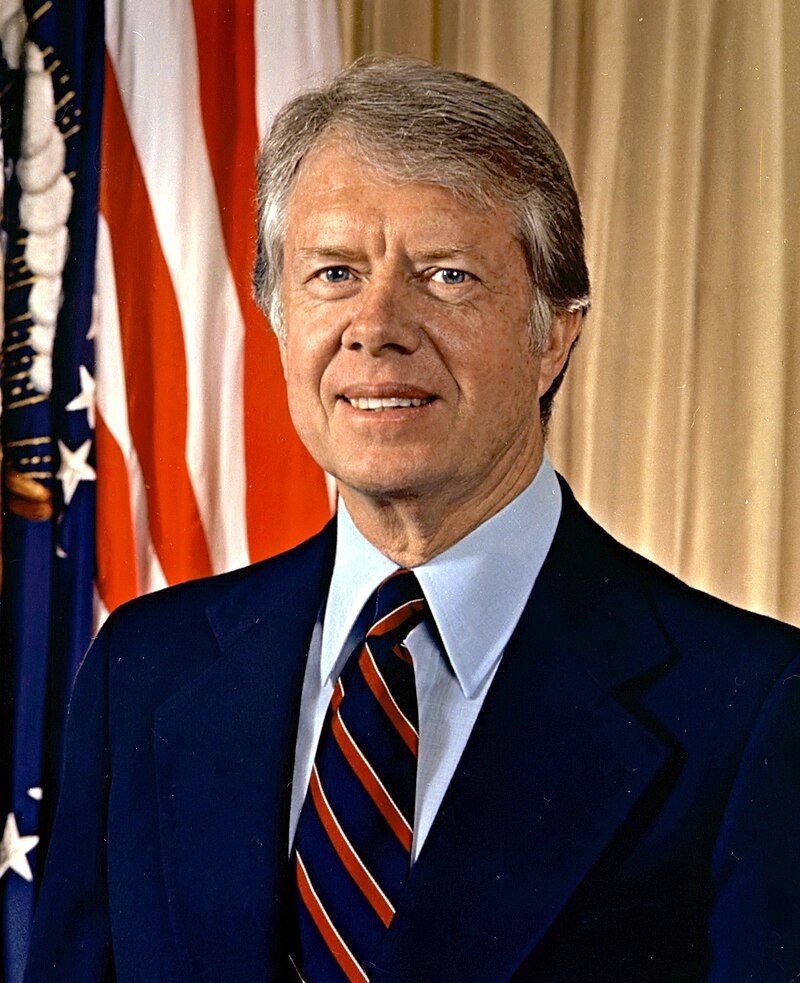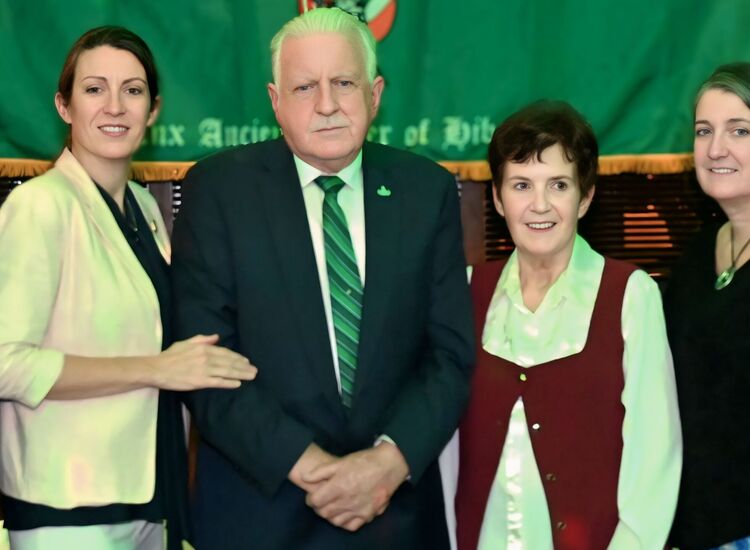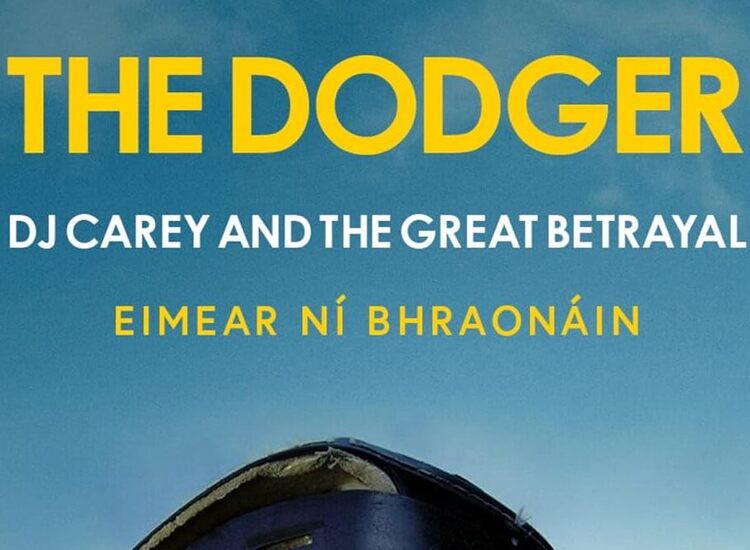Jimmy Carter, who died Sunday, December 29 and at the age of 100, was the first U.S. president to break with the orthodoxy of non-interference on the part of the United States in "Britain’s domestic affairs" - specifically Northern Ireland.
As a candidate for the presidency, Carter uttered words that were a clear sign of a possible new U.S. approach to the North and its woes.
On October 26, 1976, in Pittsburgh, Carter responded to representations from the Ancient Order of Hibernians and Fr. Sean McManus of the Washington, D.C.-based Irish National Caucus.
“It is a mistake for our country’s government to stand quiet on the struggle of the Irish for peace, for the respect of human rights, and for unifying Ireland,” Carter said.
These few conciliatory words would cause uproar.
A later “Confidential” report from the British Embassy in Washington, which was sent in April, 1980 to Prime Minister Margaret Thatcher among others, would refer to “Carter’s unfortunate remarks on Northern Ireland during the 1976 election campaign.”
In the book "John Hume in America," written by Maurice Fitzpatrick, Carter explained why he chose to take a new approach to the situation in Northern Ireland.
He said: "When I was elected President and gave my inaugural address, I called for the United States to be a champion of human rights and to promote peace everywhere we could in the world.
"Obviously, I learned very quickly that one of the main challenges for peace and human rights was in Northern Ireland, in its relationship with the rest of Ireland and also with Great Britain. Soon, Governor Hugh Carey from New York, Pat Moynihan and Ted Kennedy in the Senate, and Tip O’Neill started giving me information about it quite often.
"Pat Moynihan and the others, Tip O’Neill, would quote John Hume and his efforts for a peaceful resolution of the Irish problem. I became convinced that the United States should speak out for change on this issue and call for honouring the desire for the Northern Ireland people for peace – with Great Britain and the rest of Ireland – and also for recognition by the international community.
"So I drafted a statement that was issued the first year I was in office, not only calling for the United States to be directly involved but also to promise that if peace was achieved, the United States would join with others in giving financial assistance to job creation."
As the Echo reported in a feature on Fitzpatrick's book back in 2017, this was both a very supportive but also a very benign one-page statement.
Yet what was striking about the 1977 Carter Statement was quite how much it seemed to antagonise the State Department and the British Embassy, whose resistance was vehement.
President Carter provided the political context: "Well, the State Department was not in favour of what I did, as you may know. But I didn’t really consult with them too thoroughly. I had a lot of confidence in Pat Moynihan, and Tip O’Neill was visiting me every day. Hugh Carey was very important to me as a politician, so was Ted Kennedy."
"The Four Horsemen" were in a position to convey the intricacies of the problem to Carter – the provocations and injustices felt by the Nationalist community in the North, and not simply the IRA response to them.
Yet, while some commentators, both in the United States and Ireland, equivocated on the use of violence to settle the Northern Irish issue, Carter’s statement was clear that if the White House was to play a role, absolutely no tolerance of violent methods was acceptable. It is a statement of non-violence and that was in absolute accord with John Hume’s view of things, and President Carter was adamant that violence from either side had no place in resolution of the Irish Question.
Carter, who would win the Nobel Peace Prize in 2002, said: "Well, there was violence on both sides. I think the British exhibited unnecessary violence in trying to control the Northern Irish citizens, and the IRA obviously committed acts of violence against Great Britain, including some of the top people who lived in Great Britain. Lord Mountbatten, I remember, was killed. So the violence on both sides caused me to be very careful, to make sure that my statement back in 1977 did not encourage either side to continue with their violent acts. Peace was very important to me as well as human rights, those were the two things that were important to my whole administration."








